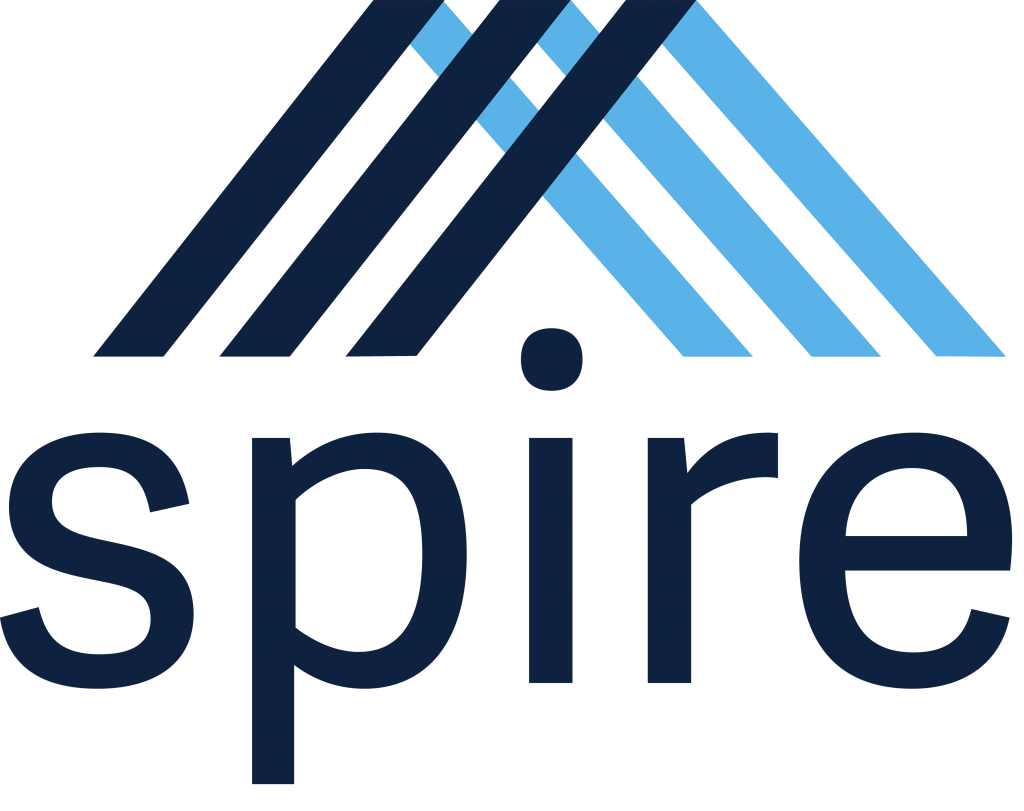Washed Out to Sea: Island Life in Peril
By Tilan E. Copson School of Policy and International Affairs University of Maine The storm hit us in the afternoon and by nightfall the anchor was dragging. Through relentless sheets of rain, I watched my brother climb into the heaving dingy and maneuver the Danforth anchor out of my sister’s straining arms. She climbed in […]
Read more
